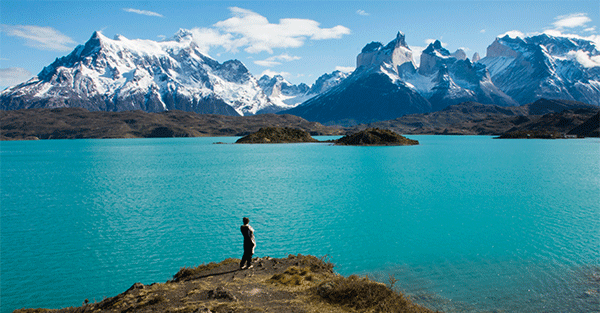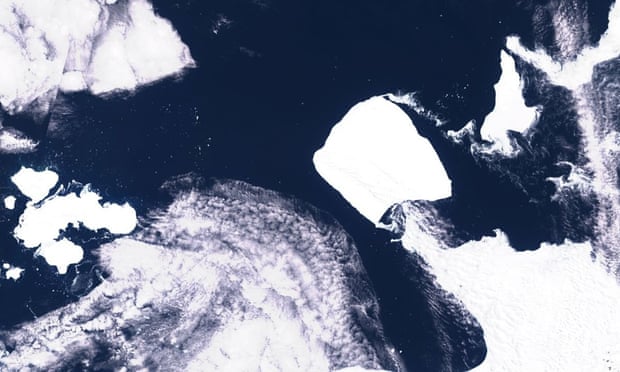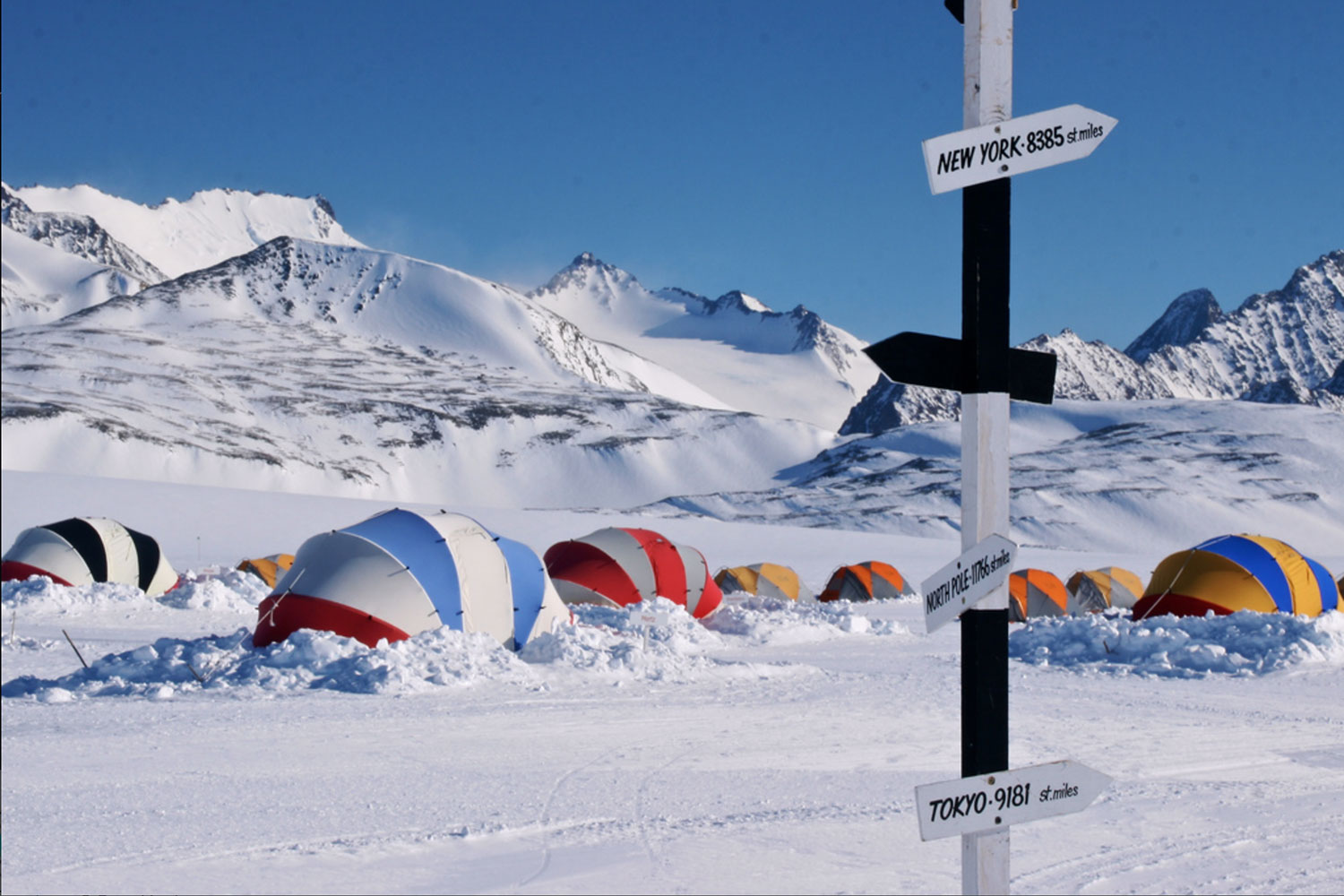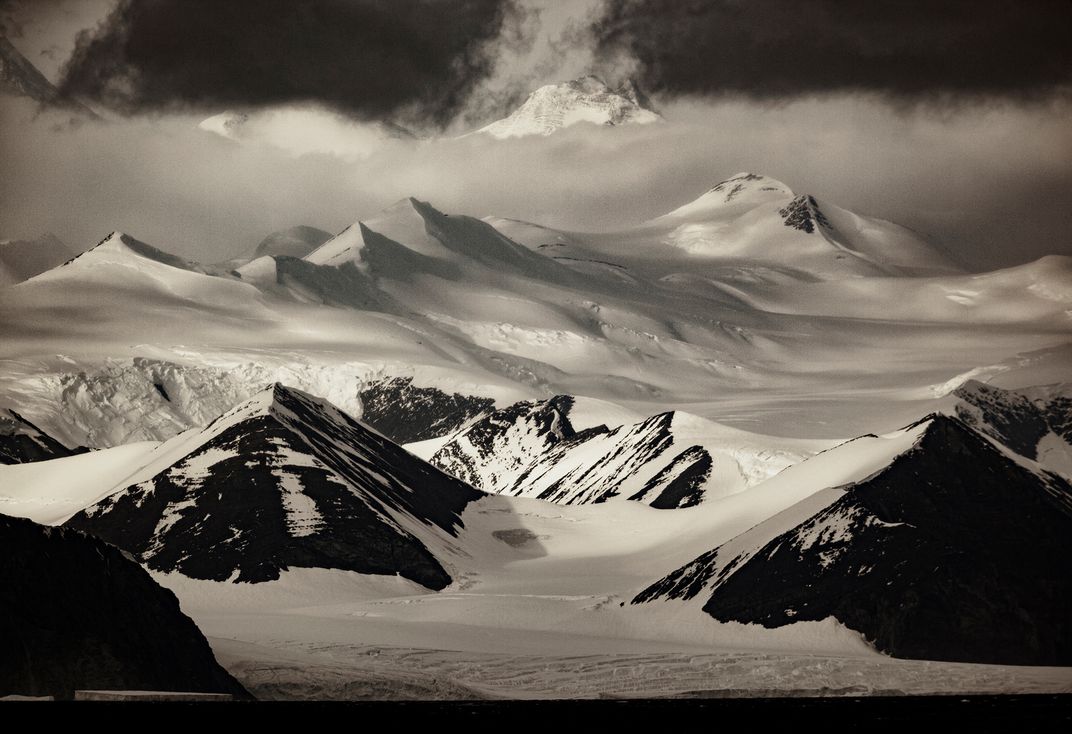But wait! What this is...?
One of the world’s largest icebergs is drifting beyond Antarctic waters, after being grounded for more than three decades, according to the British Antarctic Survey. Recent satellite images reveal that the iceberg, weighing nearly a trillion metric tonnes, is now drifting quickly past the northern tip of the Antarctic Peninsula, aided by strong winds and currents. The iceberg is about three times the size of New York City and more than twice the size of Greater London, measuring about 4,000 sq km (1,500 square miles).
GoGreen@theGurnadia
Looks like the Antarctic is coming to our intrepid Econauts before they can set sail...
...in other news.
Food bills in the UK have risen by £605 a year for the average household because of the effects of climate breakdown, according to research.
Floods and
droughts, which scientists have said were probably exacerbated by global heating, have reduced crop yields over the past two years, said the Energy and Climate Intelligence Unit (ECIU), a nonprofit organisation. Energy bills lifted by the rising price of fossil fuels have damaged the agricultural industry, pushing some farmers out of business and leading others not to plant in greenhouses.
These two factors alone, according to the ECIU report, have added £17bn to the UK food bill since the end of 2021. The report was carried out by researchers from Bournemouth, Exeter and Sheffield universities who have recently advised the government on what was causing food inflation in the UK. They have said a
confirmed El Niño event in 2024 is likely to worsen the situation. El Niño is a climate phenomenon caused by weak tradewinds that can massively disrupt weather around the world, bringing floods and other extreme events.
GetGreener@theGuarniad









